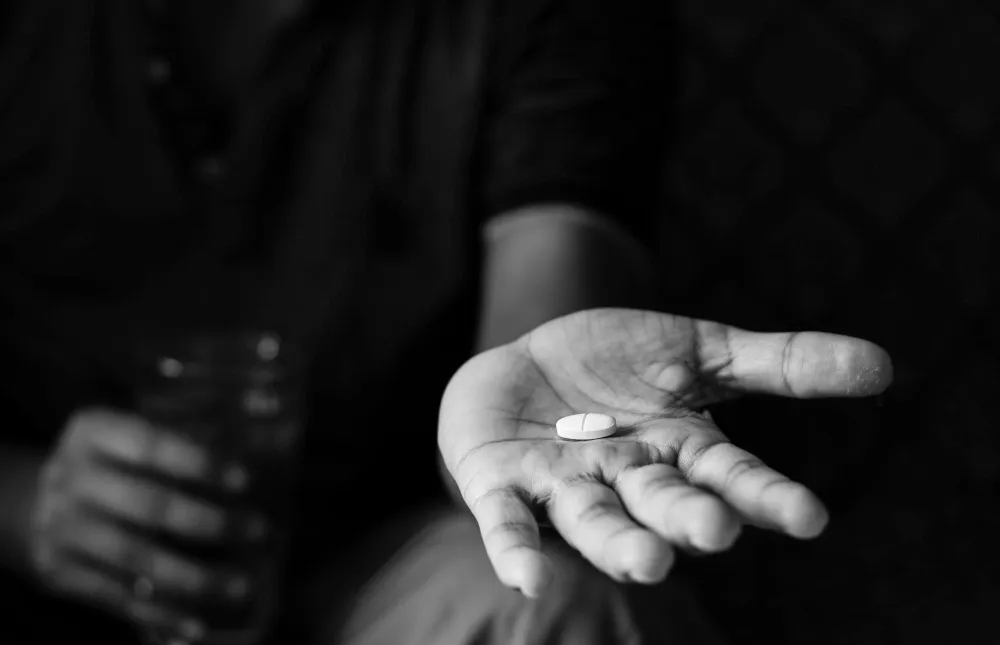


Support Methodologies for Individuals with Addiction Disorders
Addiction disorder is a complex mental and medical condition that affects the brain, alters behavior, and impacts physical, psychological, social, cultural, and spiritual well-being. It significantly lowers an individual's quality of life and is considered a chronic disease that requires comprehensive, multi-faceted interventions for sustainable recovery. Various support methodologies are used to treat individuals with addiction, including medical, psychological, and social interventions.
This article highlights the most effective support methodologies for individuals with addiction disorders, focusing on their effectiveness, role in recovery, essential treatment criteria, complications of untreated addiction, and relapse prevention strategies.
To ensure the effectiveness of addiction treatment programs, certain criteria must be met:
a. Detoxification (Detox)
The initial stage of addiction treatment involves removing harmful substances from the body under medical supervision. Due to the severity of withdrawal symptoms, professional oversight is essential to ensure safety and provide medications that ease the process.
b. Medication-Assisted Treatment (MAT)
Certain medications reduce cravings or ease withdrawal. For instance, Methadone and Buprenorphine are used for opioid addiction, while Naltrexone helps manage alcohol cravings.
c. Long-Term Medication
In some cases, long-term medication is prescribed to help maintain recovery and prevent relapse by balancing brain chemistry and reducing drug-seeking behavior.
a. Cognitive Behavioral Therapy (CBT)
CBT is one of the most effective therapies for addiction, helping individuals identify and change harmful thoughts and behaviors. It also teaches coping skills, stress management, and relapse prevention strategies.
b. Motivational Interviewing (MI)
MI is a patient-centered therapy that fosters motivation for change through empathy and goal-setting, empowering individuals to commit to their recovery journey.
c. Group Therapy
Group sessions offer a supportive environment where individuals share experiences and encourage each other. Popular support groups include Narcotics Anonymous (NA) and Alcoholics Anonymous (AA).
a. Social Reintegration
Helping individuals reintegrate into society is vital. Support includes access to education, employment, and housing, which are crucial for long-term recovery and relapse prevention.
b. Family Support
Family involvement provides emotional and practical support. Family-based treatment programs educate loved ones on how to effectively support someone in recovery.
c. Positive Social Networks
Encouraging the development of drug-free social circles, such as friends, coworkers, or community groups, reinforces healthy behaviors and prevents relapse.
a. Mindfulness and Meditation
These techniques reduce stress and anxiety—common relapse triggers. Practicing mindfulness helps individuals stay grounded and manage emotions without judgment.
b. Physical Activity
Regular exercise improves both physical and mental health by boosting endorphins, enhancing mood, and reducing drug cravings.
If left untreated, addiction can lead to severe, long-term health risks, including:
It may also result in social and economic consequences, such as:
Here are some evidence-based strategies to prevent relapse:
Addiction disorder is a complex challenge that requires a holistic treatment approach combining medical, psychological, and social support. With the right interventions, individuals can achieve long-term recovery and lead productive lives. Future efforts should focus on improving access to care, reducing stigma, and supporting research to develop more effective treatments.
Sources:
Also Read More:
Polycystic ovary syndrome | HIV | AIDS | 5 Reasons to Consider Family Planning | The Importance and Benefits of Family Planning | Nutrition for People Living with HIV | AIDS | Sexually transmitted infections | Harm Reduction | Combating AIDS | Urinary Tract Infection (UTI) | Infectious Diseases